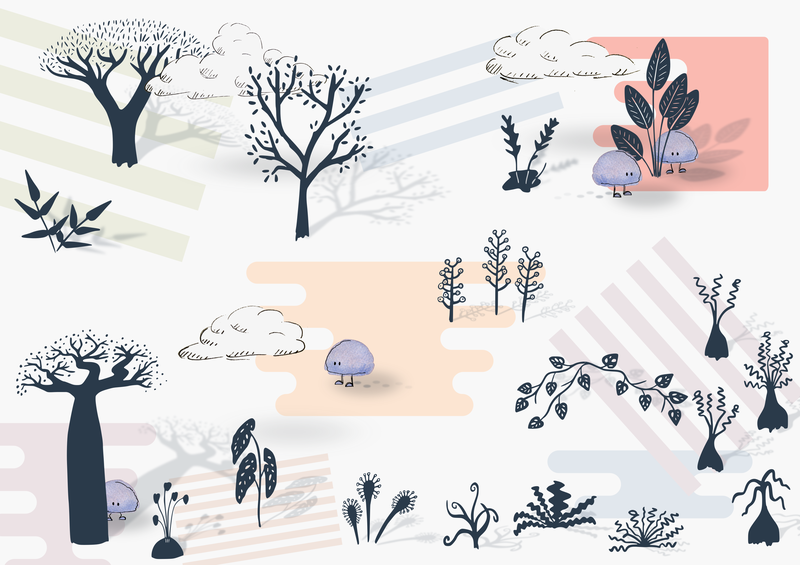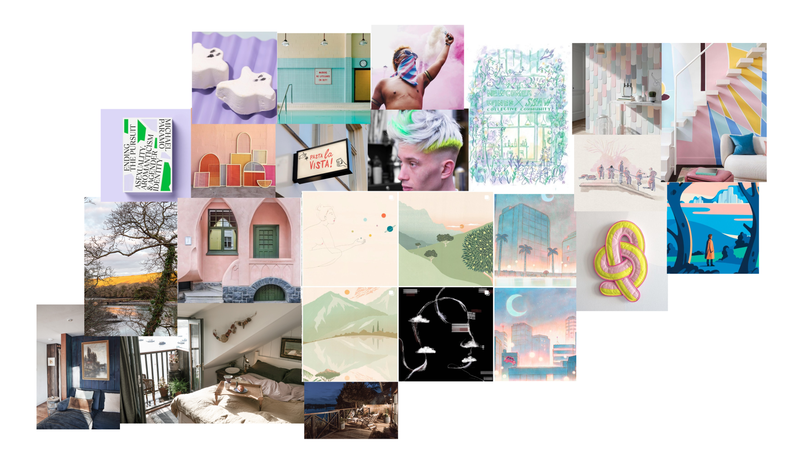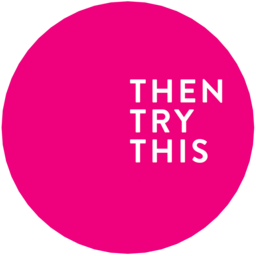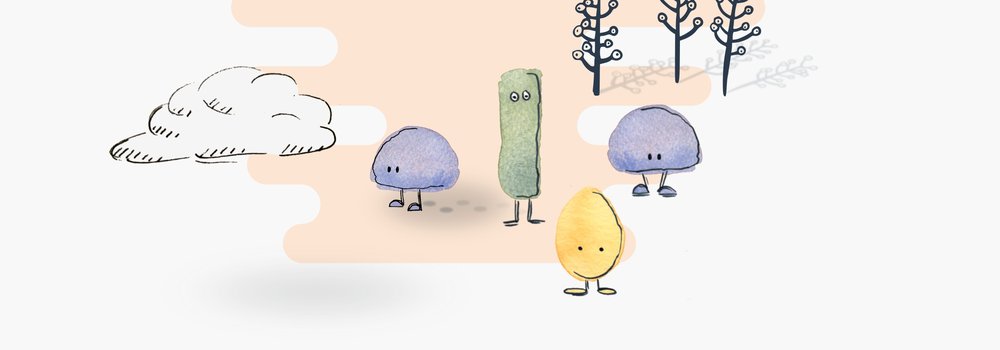Nergal is our new (in development) citizen science game with Dr. Matt Silk and Nitara Wijayatilake at the University of Edinburgh, funded by The Royal Society. Together we're designing and building a game world where characters can interact with each other, passing on bits of information to each other, but also passing on diseases. The social networks and decisions that players make will affect how disease spread through the world, providing useful data for epidemiological models which currently lack the messiness of real-world decision making.
We've spent a bit of time getting the look right - it needs to be an appealing world that people want to spend a bit of time in. We don't want it to be scary or to remind people too much of certain pandemics they might have experienced. This project is a particularly tricky one to balance in terms of how to make it a nice, interesting, or maybe even fun experience for players, while also making their characters sick and generally dealing with quite a heavy subject... as well as making sure the data we gather from it is robust enough to be used in research, and potentially even for predicting real disease dynamics in future.
This mockup gives you an idea of where we've got to with the styling so far:

We've also started prototyping the game world populated by characters linked together based on non-human animal social networks. Characters can now communicate simple symbolic information (fruit emojis!). With only a couple of rules currently determining their behaviour, the underlying social networks gradually become visible by the spread of this information, as non-player characters cluster together in little groups chatting. Next we are looking at how as a player you'll be able to interact and form new links in these social groups, before looking at adding diseases to the mix.
An eclectic moodboard, since we're a bit short on things to show just yet, and maybe it's interesting to see how we come up with game styles:


